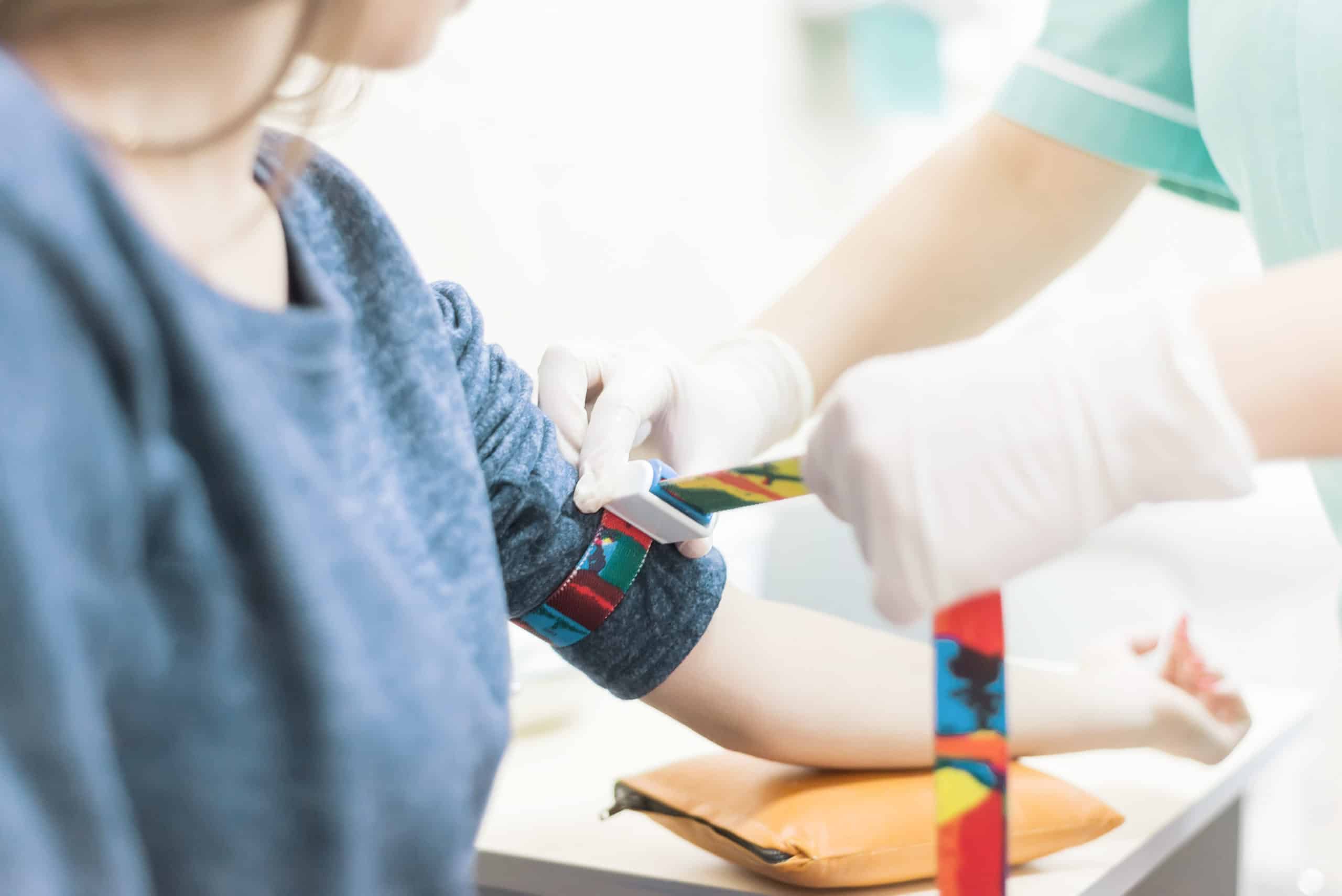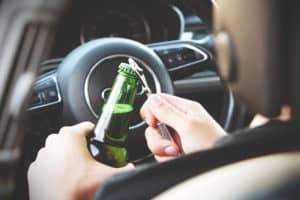
Even if the police obtained seemingly incriminating breathalyzer or blood testing evidence, it does not guarantee the prosecution a DWI conviction. Mistakes made during the collection of breath or blood samples can lead to faulty evidence. Errors and violations of your legal rights made by the police can render chemical testing evidence invalid or inadmissible in court.
A breathalyzer and blood test defense lawyer in Highland Park can show you how. To learn more, contact the Law Offices of Randall B. Isenberg today at 214-696-9253 to schedule your free case review.
Challenging Breathalyzer & Blood Testing in Highland Park
The police and prosecutors rely on breath and blood testing to obtain drunk driving convictions, primarily because juries tend to believe the results have a scientific basis. Unfortunately, this reliance can send people to jail if they fail to challenge the results or the legality of testing.
The police use chemical testing to measure a driver’s blood alcohol concentration (BAC), to determine whether the driver meets the statutory standard for DWI. A BAC reading of 0.08 or above meets the per se definition of intoxication found in the Texas Penal Code (TPC).
In other words, armed with BAC chemical testing results, the prosecutor can pursue a drunk driving conviction without having to prove intoxication based on your behavior or driving skills.
In Texas, the police can use any of the following methods to test your BAC:
- Breath testing
- Blood testing
- Urine testing
Among these, the police use breath (or breathalyzer) testing most often because it is the fastest as well as the most straightforward and cost-effective approach. However, they also employ blood testing frequently, as this approach may provide a more accurate and reliable result.
At the Law Offices of Randall B. Isenberg, we assist clients facing DWI charges in Highland Park by exploring whether the police violated their legal rights by subjecting them to chemical testing for DWI.
We also employ a vast network of resources to identify potential errors committed in the process of administering breathalyzer and blood testing, which could invalidate the results.
Challenging the Legality of Breathalyzer & Blood Testing for DWI
Many people facing DWI charges in Highland Park should never have undergone chemical testing for BAC. The two legal concepts central to this argument are reasonable suspicion and probable cause.
Challenging Reasonable Suspicion
To legally pull a driver over for a DWI traffic stop, the police must have reasonable suspicion that the driver broke the law in some way. The officer may notice the driver swerving or driving erratically. Merely seeing you leave the bar is not sufficient to establish reasonable suspicion. The police can, however, pull you over for another violation of the law, such as speeding or having a taillight out.
If the police lack reasonable suspicion for pulling you over, they may have violated your legal protection against illegal search and seizure. This offers potential grounds for challenging any subsequent evidence obtained, such as the results of breathalyzer or blood testing.
Challenging Probable Cause
The police cannot place you under arrest or request chemical BAC testing until they establish probable cause to do so. In Highland Park and throughout Texas, most officers use field sobriety testing or a portable breath testing machine for this purpose.
Unfortunately, these methods do not always provide reliable results, especially if the police fail to follow established guidelines and procedures. For example, the police must conduct all field sobriety tests per the National Highway Traffic Safety Administration’s (NHTSA) Standardized Field Sobriety Test (SFST) standards. If the officer used a portable, hand-held testing apparatus to establish probable cause, the device and testing must comply with the NHTSA standards for roadside breath testing.
Challenging the Statutory Warning
The police must read and provide you with a written copy of the most current version of Form DIC-24, “Statutory Warning.” In Texas, this form provides DWI suspects with written warnings required by state law, specifically concerning consent for obtaining a breath or blood specimen and the ability of the police to get a warrant should the suspect refuse. Both the suspect and arresting officer must complete their portion of the form and sign it.
If the police failed to provide this warning per the statutes or made errors in communicating it to you, we can potentially challenge the legality of chemical BAC testing.
Challenging the Results of DWI Breathalyzer & Blood Testing
Even if law enforcement had reasonable suspicion to pull you over and legally established probable cause for your arrest and testing, a breathalyzer and blood test defense lawyer can potentially challenge the results of chemical BAC testing.
Challenging Breathalyzer Testing Results
For breath testing evidence to be legal, the police must ensure that the breath testing equipment used — typically the Intoxilyzer 5000 model — undergoes periodic testing, maintenance, and calibration.
A technical supervisor who understands the scientific theory of the equipment must oversee its operation. Operators must obtain training and certification to operate the equipment and take a test sample before administering the official test, to demonstrate the machine’s correct operation. Finally, the operator must conduct the test per statutory requirements and Texas Department of Public Safety’s (TxDPS) crime lab standards.
Even when performed correctly under ideal circumstances, confounding factors can cause inaccurate breath testing results. Some medications, oral hygiene products, foods, and beverages can affect the accuracy of breathalyzer results.
Challenging Blood Testing Results
Law enforcement can request that you submit to blood testing for BAC, rather than breath testing. If so, this testing must comply with the TxDPS crime lab standards, just as breath testing must. The lab must have blood alcohol testing accreditation from the Texas Forensic Science Commission.
Other potential challenges to blood testing include the possibility of mistakes made by the lab in drawing, testing, and storing the sample. The lab could potentially have contaminated the sample or even mixed it up with another person’s sample.
Talk to a Breathalyzer & Blood Test Lawyer in Highland Park at No Cost
Unless you elect to challenge your DWI charges, you face hefty fines, potential jail time, and a criminal record that can ruin your life.
At the Law Offices of Randall B. Isenberg, we will evaluate the details of your case and call upon our network of forensics and subject matter experts to determine the possibility of challenging chemical BAC testing results. We also have two Intoxilyzer 5000 models in our office (the same devices used for breathalyzer testing in Texas) that we use for as a part of our defense-building strategies.
We offer a no-cost consultation to help you learn more about your options for challenging chemical BAC testing. Contact us today at 214-696-9253 for help from a Texas DWI lawyer.










